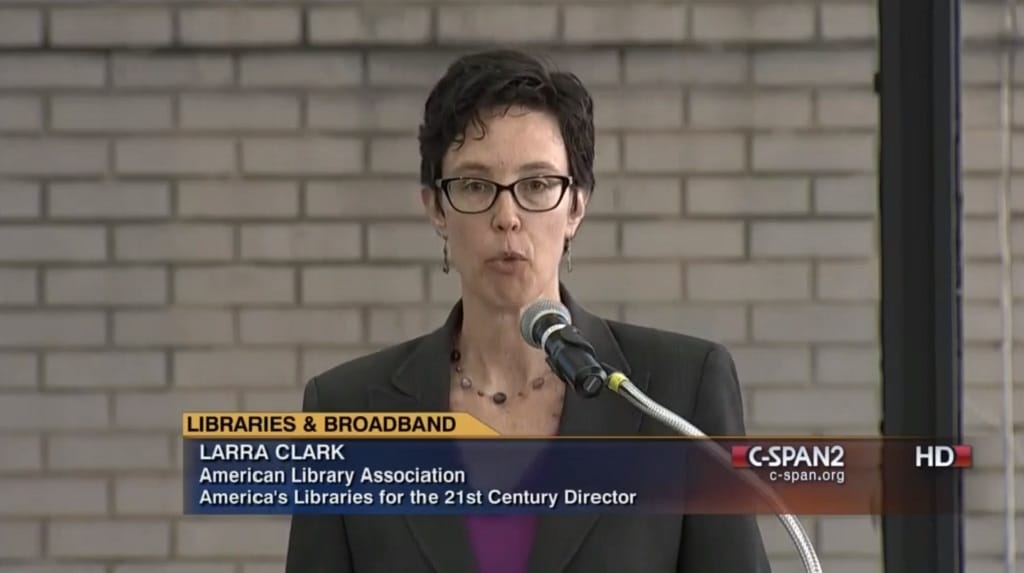Libraries in Position to Help Promote Federal Programs, Improve Digital Literacy: Library Rep
Libraries can act as gateways to ensure community members know about their broadband subsidy options.
David B. McGarry

WASHINGTON, August 31, 2022 – Libraries’ close connection with community members allow them to act as gateways for digital literacy, according to the deputy director of the Public Library Association.
Initiatives such as the Federal Communications Commission’s Affordable Connectivity Program and Emergency Connectivity Fund lower the cost of obtaining broadband coverage and devices, but at least the former has been plagued by a marketing problem.
As the FCC builds its outreach program for to more effectively market the ACP, Larra Clark, deputy director of the PLA and of the Public Policy & Advocacy Office of the American Library Association, said libraries can help promote those programs and help address digital literacy problems as well.
Speaking Monday at a GovExec and Comcast web event, Clark argued that the efforts of government officials, experts, and industry players to provide broadband coverage and the hardware necessary to access it must be accompanied by community-level educational programs.
Many unserved or underserved individuals, however, are unaware of how to get access to broadband, Clark said. And even if unserved and underserved individuals are aware of the programs through which they can obtain broadband, they often lack the digital literacy to navigate application processes.
Clark said she believes that a necessary component of digital literacy outreach is understanding the perspectives on and biases against new technologies in many hard-to-reach communities. “I really believe these human dimensions should be at the forefront of our conversations,” Clark said.
Expanding digital literacy among difficult-to-reach populations is a recognized challenge for many broadband industry experts and politicians.
A Texas library system facilitated pandemic relief
At the same event, David Cross, Comcast’s vice president of enterprise sales, offered an example of how libraries can extend broadband assistance to their communities.
During the pandemic, one Texas library system offered parking lot drive-through stations that helped people sign up for government assistance on energy costs. By providing iPads, WiFi access, and staff assistance, Cross said, this program ensured that all in-need community members – including the unserved and the technologically illiterate – were able to access relief and restore power to their homes.











Member discussion